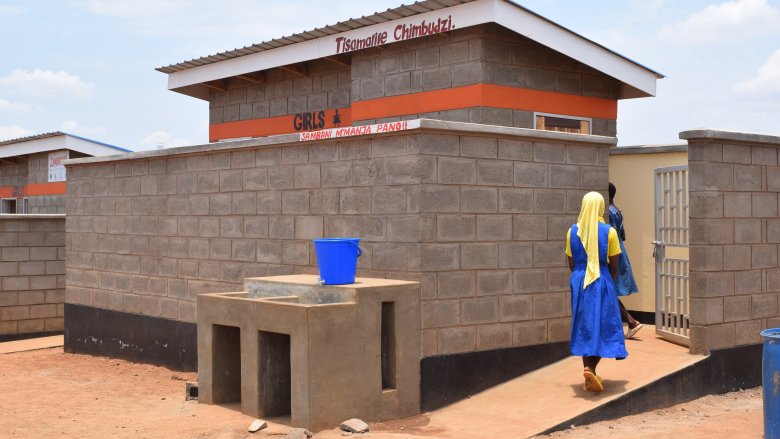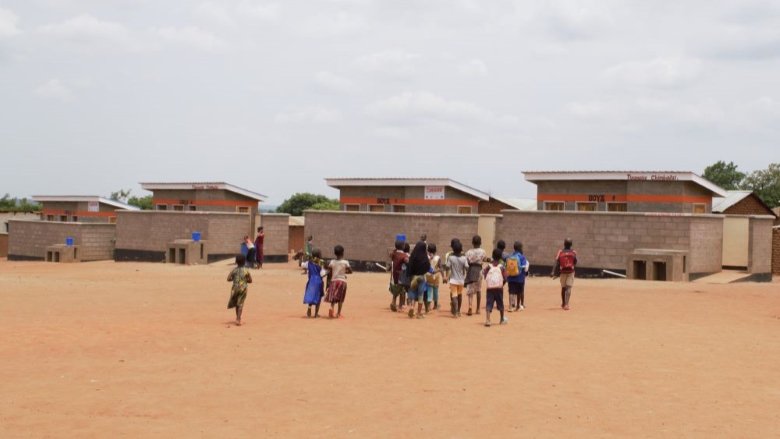Lilongwe, March 2023? In 2022, Chisiyo Primary School, located in a village on the outskirts of Lilongwe City, along the Western Bypass Road, faced a water and sanitation crisis.
The water supply was erratic. The attempts by the school to drill a borehole were unsuccessful. The toilets were not only dilapidated but insufficient for the approximately 4,500 students. The threat of waterborne diseases, including cholera, was huge, leaving the entire school very vulnerable to illness.
"We used to go to surrounding houses or even to the nearby mosque to use the toilet. It wasn't easy, especially for younger students. Diarrhoea was a common problem, aggravated by the lack of running potable water and reliance on unsafe water sources nearby," said Khadija Mponda, a standard seven student from Chisiyo.
According to WaterAid (Malawi), adequate water, sanitation, and hygiene (WASH) services remains a big challenge in most schools in the country, with some lacking sanitation facilities and less than 5% providing handwashing facilities with soap. Without WASH facilities in schools, children are more likely to get ill and miss out on an education.
On top of this crisis, the 2022 cholera outbreak saw a recorded 10,823 cumulative number of cholera cases and 316 deaths. All 29 districts in Malawi at some point reported cholera cases. Factors associated with the outbreak included poor food hygiene, lack of safe water, and low access and usage of latrines (open defecation). And then came the rain, making the situation worse, putting more pressure to the health sector that was already strained in managing other outbreaks.
The head teacher, Patrick Kapalamula said they realized the gravity of the situation and attempts were made to drill a borehole at the school, did not materialize. The school was caught in a very dire situation.
With support from the World Bank-financed , the Lilongwe Water Board (LWB) was expanding much-needed water supply connections in the southern zone during the outbreak. And luckily, the Chisiyo primary school was part of the institutions that were to benefit from this project. Towards the end of 2022, a lifeline for the school was within reach– the much-needed water connection had arrived. While the installation was underway, LWB identified another problem - the school's dilapidated and insufficient sanitation facilities.
By the end of the year 2023, through the same LWSP, Chisiyo Primary School had undergone a remarkable water and sanitation transformation. Four new toilet blocks, housing eight toilets each for boys and girls, now stand as beacons of improved sanitation.


